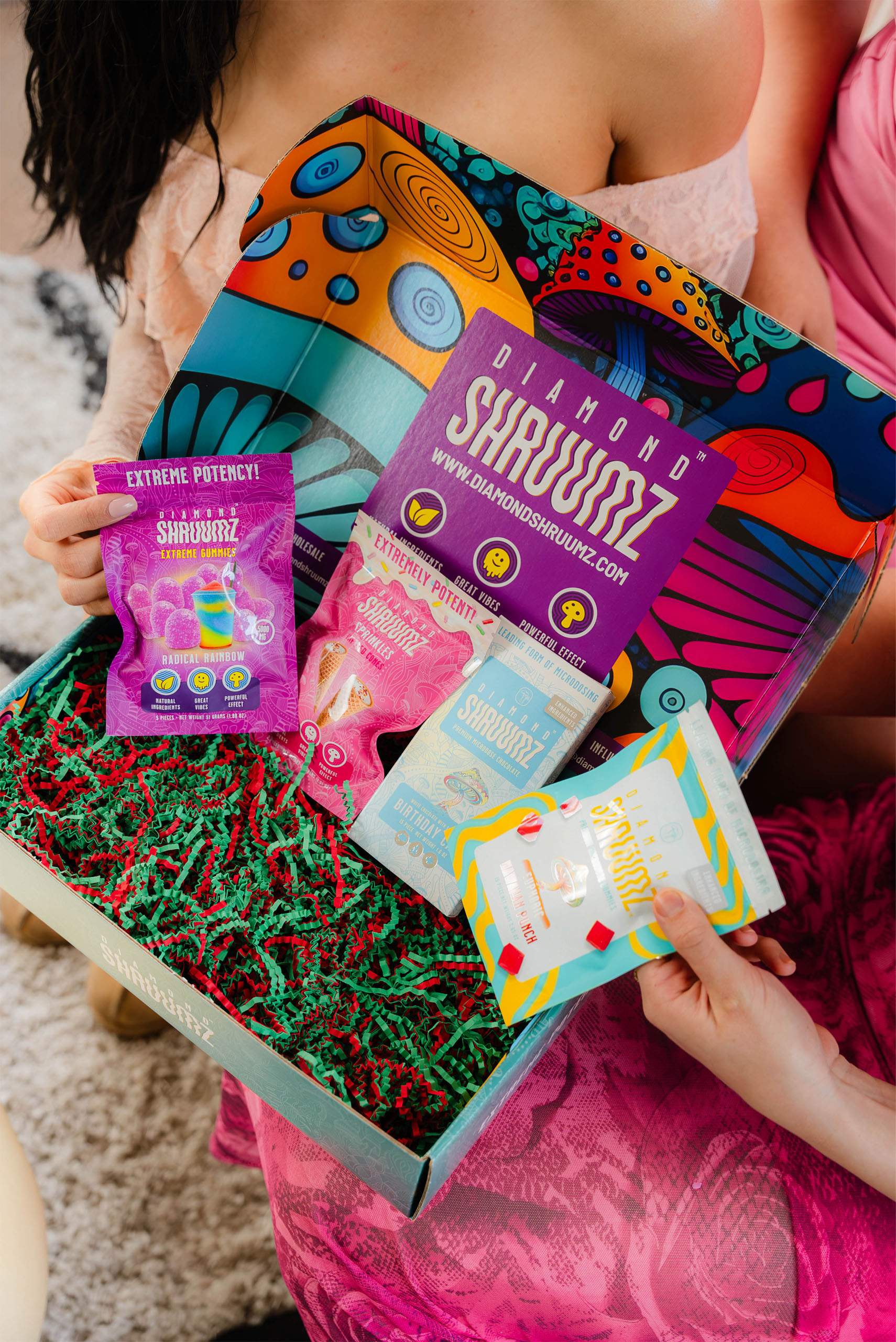Recently, FDA announced issued an alert warning consumers that a brand of ingestible chocolate bars, cones, and gummies called Diamon Shruumz has been linked to a variety of severe heath symptoms, including seizures, central nervous system depression (loss of consciousness, confusion, sleepiness), agitation, abnormal heart rates, hyper/hypotension, nausea, and vomiting. As the name suggests, Diamond Shruumz products are marketed as a product that allows consumers to microdose – take in small doses – psilocybin and other psychoactive chemicals in mushrooms. These products are not subject to strict federal and state regulations, and can be purchased in gas stations and c-stores, or online by anyone who passes a simple age-gate. They are marketed with names that could easily be confused by consumers as products that do not contain intoxicating chemicals, such as “Hawaiian punch,” “cookies & cream,” “birthday cake,” and “cookie butter,” and their packaging is colorful and attractive. It seems obvious that intoxicating products like these need to be regulated in the interest of public safety. Regulation does not mean prohibition. It means safeguards that enable consumers to use products without unnecessary health risk, and they can protect manufacturers and supply chain participants from liability risk.


